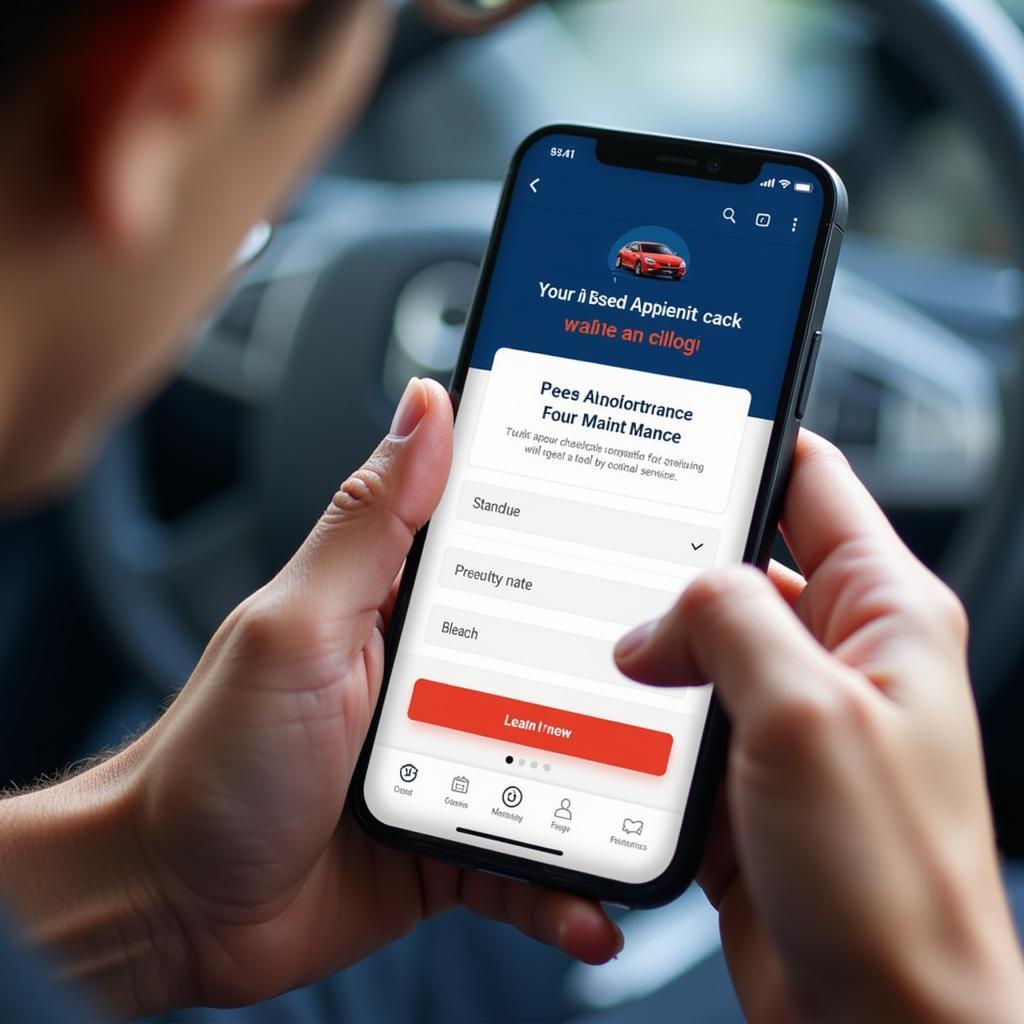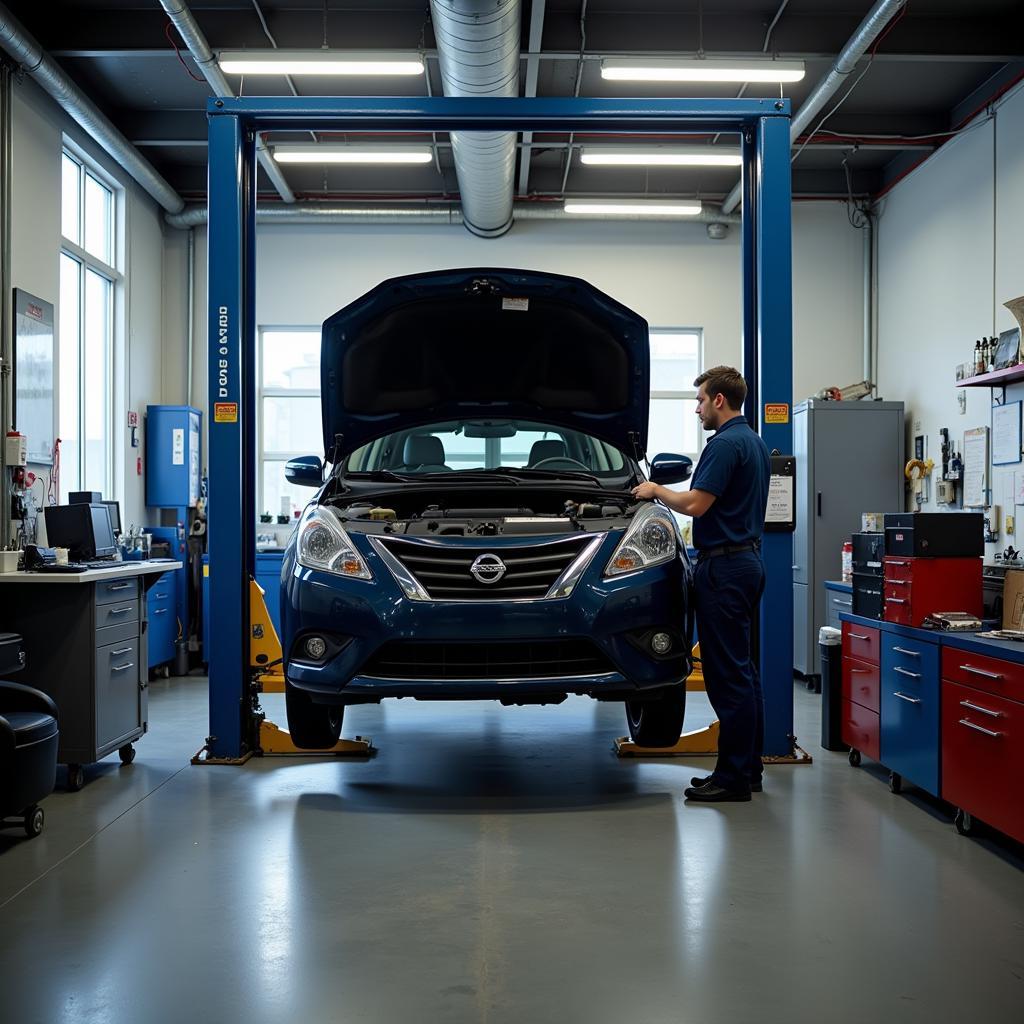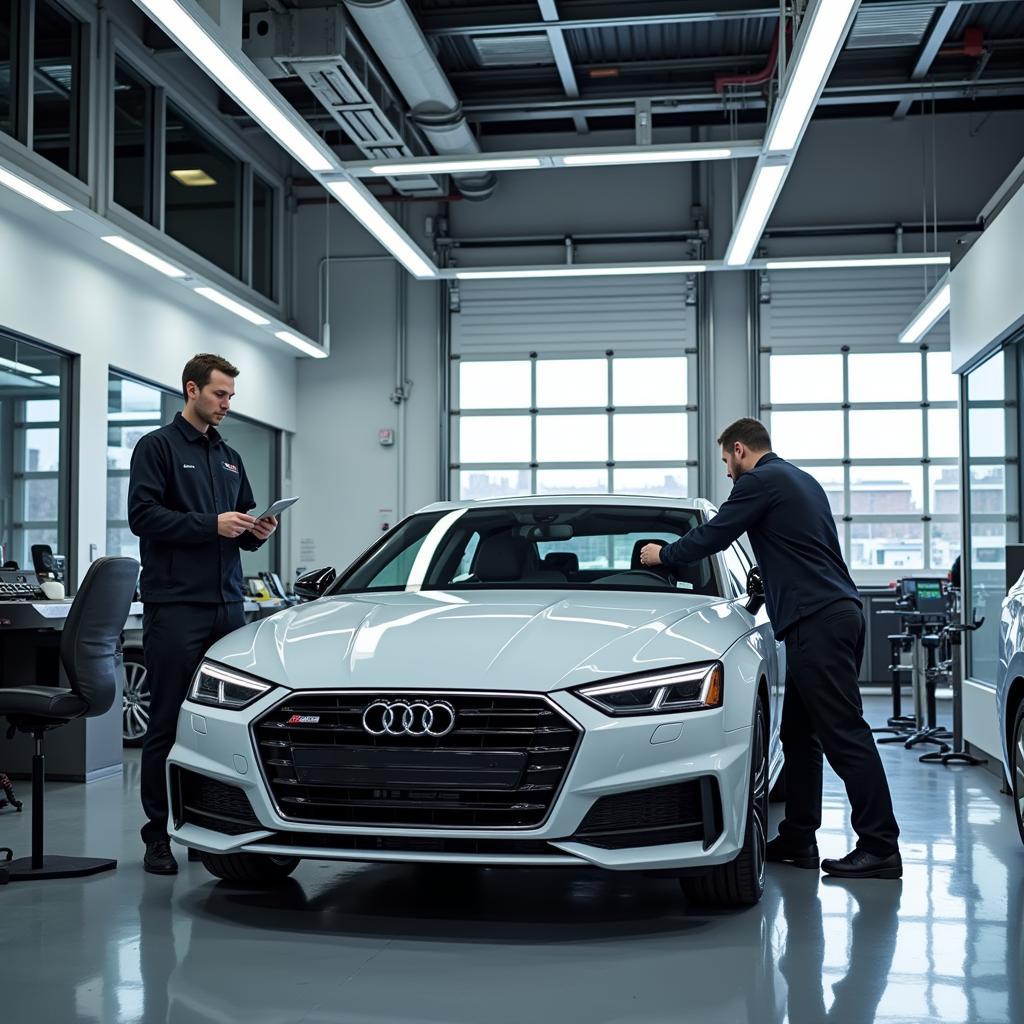When Do I Need a Service on My Car?
Knowing when your car needs a service can be confusing. You hear about 3,000 miles or every six months, but is that really necessary? The truth is, modern cars are built to withstand a lot more than their predecessors. While regular checks are essential, knowing the right time for a full service can save you money and keep your car running smoothly for longer.
Understanding Your Car’s Needs
Your car, like any complex machine, thrives on routine care. But how do you know when it’s time for more than just a quick check-up? There are two main indicators:
1. Manufacturer’s Recommendations: Your car’s owner’s manual is your bible. It outlines specific service intervals based on mileage and time, tailored to your car model. This includes essential checks like:
- Oil and filter changes
- Brake inspections
- Fluid top-ups
- Tire rotations
2. Warning Signs: Your car often communicates when something isn’t right. Pay close attention to:
- Dashboard warning lights (check engine, oil pressure, etc.)
- Unusual noises (grinding, squeaking, knocking)
- Fluid leaks under the car
- Changes in vehicle performance (reduced fuel efficiency, sluggish acceleration, difficulty braking)
 Car dashboard illuminated with warning lights
Car dashboard illuminated with warning lights
Decoding Service Intervals
Gone are the days of rigid 3,000-mile oil changes. Today, service intervals vary significantly depending on your driving habits and car model.
Time-Based Service: Even if you don’t drive frequently, your car’s fluids and parts naturally degrade over time. Most manufacturers recommend a basic service at least once a year.
Mileage-Based Service: The more you drive, the faster your car components wear down. Your owner’s manual will specify major service intervals, usually at milestones like 30,000, 60,000, and 90,000 miles.
Severe Driving Conditions: Frequent short trips, stop-and-go traffic, extreme temperatures, and dusty environments put extra strain on your car. If any of these apply to you, consider more frequent servicing.
The Benefits of Regular Car Servicing
Proactive maintenance is always better (and cheaper!) than reactive repairs. Here’s why regular servicing is non-negotiable:
Safety First: A well-maintained car is a safer car. Regular brake inspections, tire checks, and fluid top-ups are crucial for optimal performance and accident prevention.
Preventative Care: Catching minor issues early can prevent them from escalating into costly repairs down the line.
Improved Performance: Regular servicing ensures your car runs smoothly, maximizing fuel efficiency and delivering optimal performance.
Higher Resale Value: A well-documented service history demonstrates responsible ownership and can significantly increase your car’s resale value.
 Scheduling a car service appointment on a mobile phone
Scheduling a car service appointment on a mobile phone
Beyond the Basics: Additional Service Considerations
Apart from scheduled maintenance, certain situations might warrant a trip to the mechanic:
Pre-Purchase Inspections: Before buying a used car, always get it inspected by a trusted mechanic. This can reveal hidden problems and save you from costly surprises later.
Post-Accident Checks: Even seemingly minor accidents can cause hidden damage. A thorough inspection post-accident can ensure your safety and prevent further complications.
Long Trips: Before embarking on a long road trip, it’s wise to get your car checked, especially focusing on tire condition, fluid levels, and brakes.
“Don’t wait for a breakdown to take action,” advises John Smith, Senior Automotive Technician at XYZ Auto Services. “Regular car maintenance is an investment that pays off in the long run, ensuring safety, reliability, and optimal performance.”
Conclusion
Knowing when your car needs service doesn’t have to be a guessing game. By understanding your car’s individual needs, paying attention to warning signs, and following the manufacturer’s recommendations, you can keep your car running smoothly for years to come. Remember, proactive maintenance is always better (and cheaper!) than reactive repairs. So, don’t wait for a breakdown to take action. Schedule a service appointment today and enjoy peace of mind on the road.
FAQ
1. How often should I change my car’s oil?
Consult your owner’s manual for specific recommendations. However, most modern cars can go 5,000 – 7,500 miles between oil changes, sometimes even longer with synthetic oil.
2. What does a basic car service include?
A basic service typically includes an oil and filter change, fluid top-ups (brake fluid, coolant, etc.), tire pressure check, and a visual inspection of belts, hoses, and lights.
3. How do I know if my car needs a major service?
Refer to your owner’s manual for the recommended mileage or time-based intervals for major services.
4. Can I service my own car?
While some basic maintenance tasks can be done at home, it’s best to leave more complex repairs and servicing to qualified mechanics.
5. What should I do if a warning light comes on in my car?
Refer to your owner’s manual to understand the specific warning light and take appropriate action. It’s best to err on the side of caution and have your car checked by a mechanic.
 Car being serviced by a mechanic in a garage
Car being serviced by a mechanic in a garage
Need help getting your car serviced? Contact us on WhatsApp: +1(641)206-8880 or email us at [email protected]. Our team is available 24/7 to assist you.

